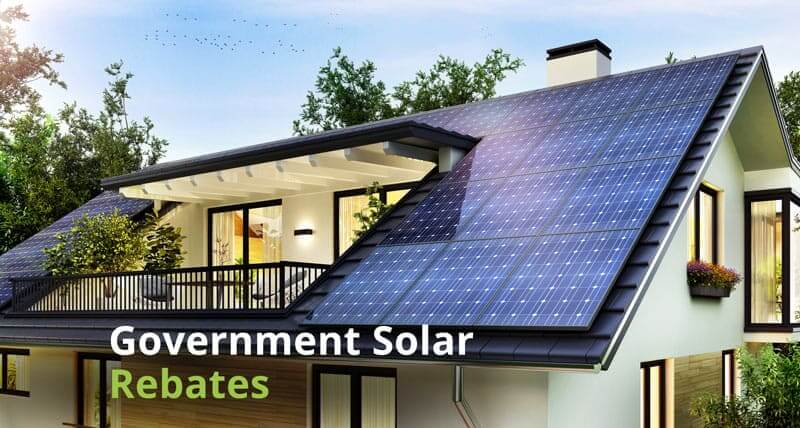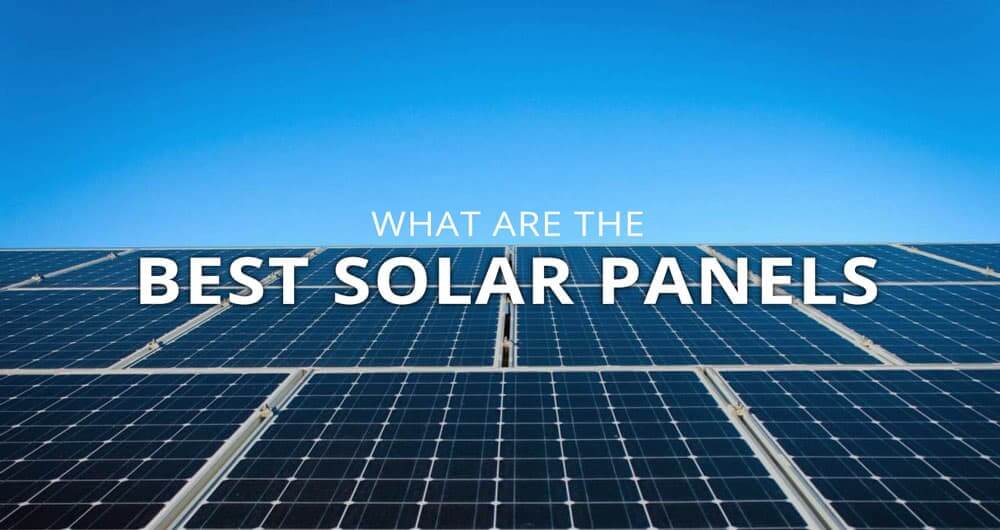Ever run into someone who thinks solar panels are a bit of a rort? Lately, the solar business has really boomed, but sadly, with the good comes the bad – there are dodgy folks looking to pull a swiftie on unsuspecting homeowners.
However, this does not mean solar panels and solar energy are a scam. Although solar scammers DO exist, so you need to know the latest ones going around to protect yourself before buying a rooftop system.
Table of Contents
ToggleScam summary
- Free solar panels
- Exaggerated savings
- Unrealistic performance claims
- Fake incentives
Debunking common solar panel scam myths
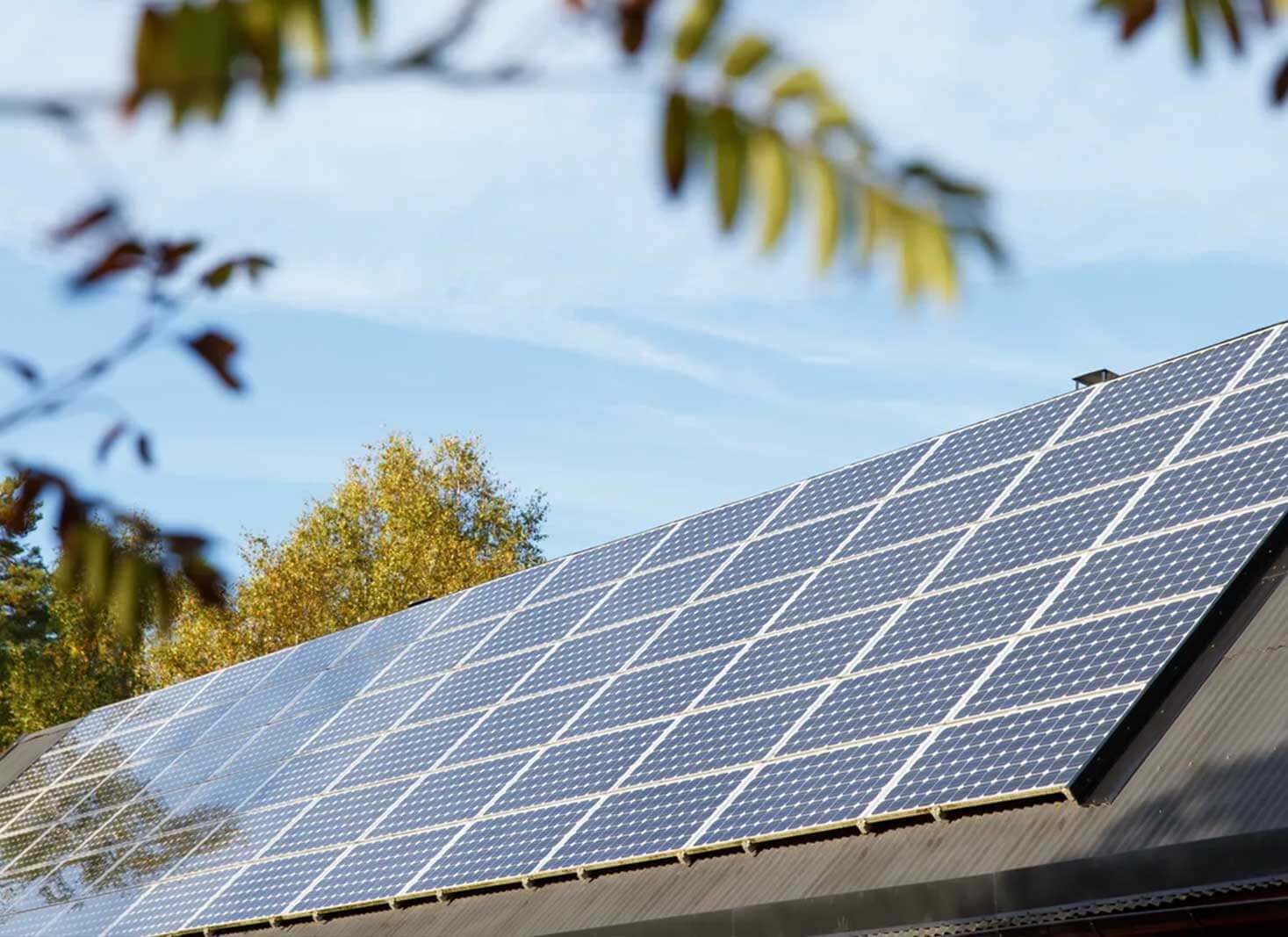
With the increasing popularity of solar panels, it’s not surprising that the solar industry has attracted its fair share of solar panel scams.
These unscrupulous individuals and companies, posing as solar installers, prey on homeowners who are interested in installing solar panels. These scammers take advantage of homeowners’ lack of knowledge about solar systems and their desire to save money on energy bills, even if it means dealing with old solar panels.
Let’s debunk some of the most common solar panel scam myths and shine a light on the truth about solar power.
Scam #1: Free solar panels
Free solar panels may sound too good to be true, and that’s because they often are. Scammers use the promise of free solar panels as a bait-and-switch tactic to lure customers into signing unfavourable contracts.
While there are legitimate programs that provide free solar panels to select locations and eligible groups, there is no such thing as completely free solar panels for everyone. These programs usually come with specific eligibility criteria and conditions that homeowners need to meet.
By offering free solar panels or large rebates, scammers entice homeowners into making an upfront payment, only to disappear once they have received the money. Homeowners are then left with no solar panels and a lighter bank account.
To avoid falling for this scam, always be sceptical of deals that seem too good to be true and research the solar providers offering these deals.
Scam #2: Exaggerated savings
Another common solar scam involves exaggerating the potential savings that homeowners can achieve through installing solar panels.
While it’s true that solar panels can save homeowners money on energy costs, scammers may inflate these figures to convince homeowners to invest in solar systems without proper research.
Deceptive methods may include unsubstantiated performance claims and high-pressure sales tactics to persuade homeowners to purchase solar systems on impulse.
To safeguard yourself from solar scams, it’s crucial to research solar companies, understand solar costs, and be informed about incentives. By doing your due diligence, you can make an informed decision about whether solar panels are the right choice for your home and avoid being duped by exaggerated savings claims.
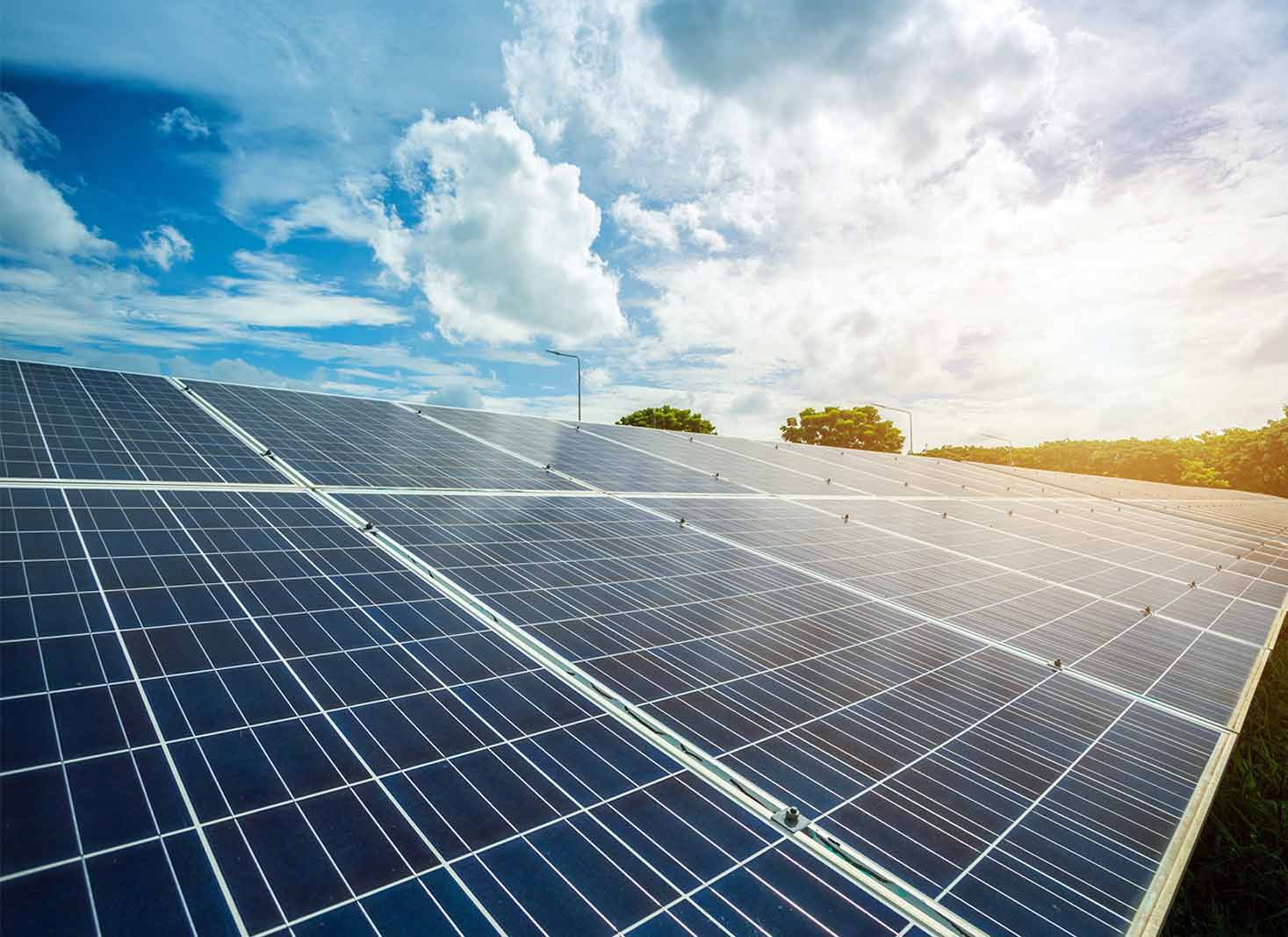
Scam #3: Unrealistic performance claims
Unrealistic performance claims can be another red flag when it comes to solar scams. Scammers may mislead customers into believing that their solar system will produce more energy than it actually can, resulting in disappointment when the promised savings on energy bills fail to materialise.
To avoid falling for this scam, be wary of high-pressure sales tactics and ensure that you understand the true potential of the solar system you are considering.
Remember that it’s always better to be cautious and do your research before making any decisions, especially when it comes to something as important as your home’s energy supply.
Scam #4: Fake incentives and discounts
Scammers may also offer fake incentives and discounts to make their solar systems seem more affordable than they actually are.
These false offers can be used to persuade customers to sign up for a solar system without fully understanding the terms and conditions of the agreement.
Before agreeing to any incentives or discounts, make sure they are authentic and offered by a legitimate solar company. Conduct thorough research on the company and read the fine print to avoid falling for counterfeit incentives and discounts that could cost you more in the long run.
Recognizing other dodgy solar tactics
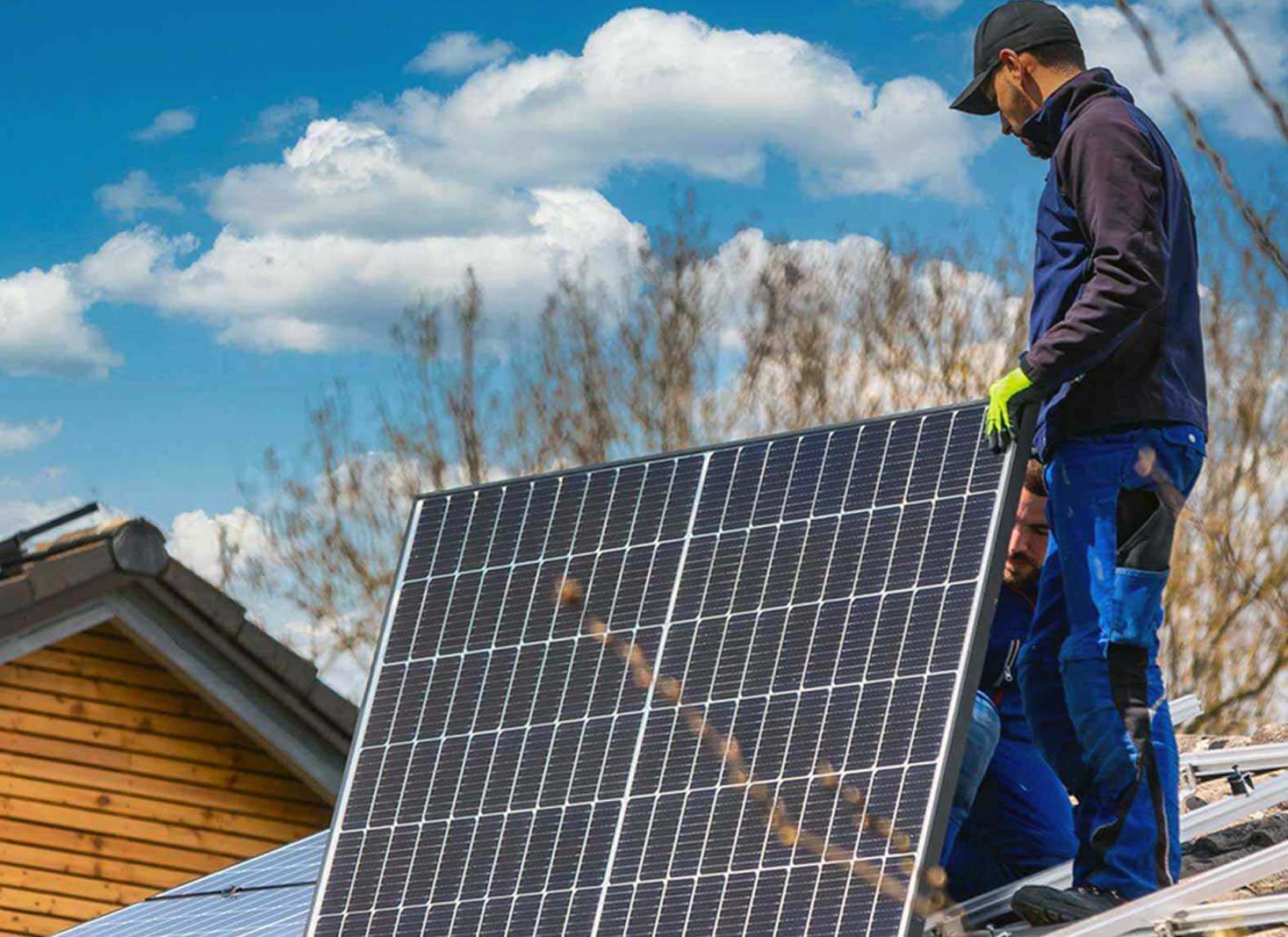
Now that we’ve debunked some common solar scam myths, let’s delve deeper into specific tactics that scammers use to trick homeowners. Recognizing these tactics can help you avoid becoming a victim of a solar scam and ensure that you choose a reputable solar provider for your solar system installation.
High-pressure sales tactics
High-pressure sales tactics are a common tool used by scammers to force homeowners into making hasty decisions without proper research.
These tactics often involve aggressive or manipulative strategies such as making false promises, using scare tactics, or setting unrealistic deadlines to push customers into purchasing solar systems.
If you feel pressured by a solar company to make a quick decision, take a step back and give yourself time to think.
Remember that a legitimate company will understand your need to research and make an informed decision before committing to a solar system.
Misleading marketing
Misleading marketing is another tactic used by scammers to trick customers into believing they are dealing with a reputable solar company when they are not.
This can include using high-pressure sales tactics, offering fake incentives and discounts, or providing false information about the company’s credentials.
To avoid falling for misleading marketing, always verify the legitimacy of a solar company before committing to any agreements. Request company details and contact them directly to investigate the legitimacy of the offer.
Doing so ensures that you can protect yourself from scams and are dealing with a reputable company that will provide you with a quality solar system.
Protecting yourself from solar scams
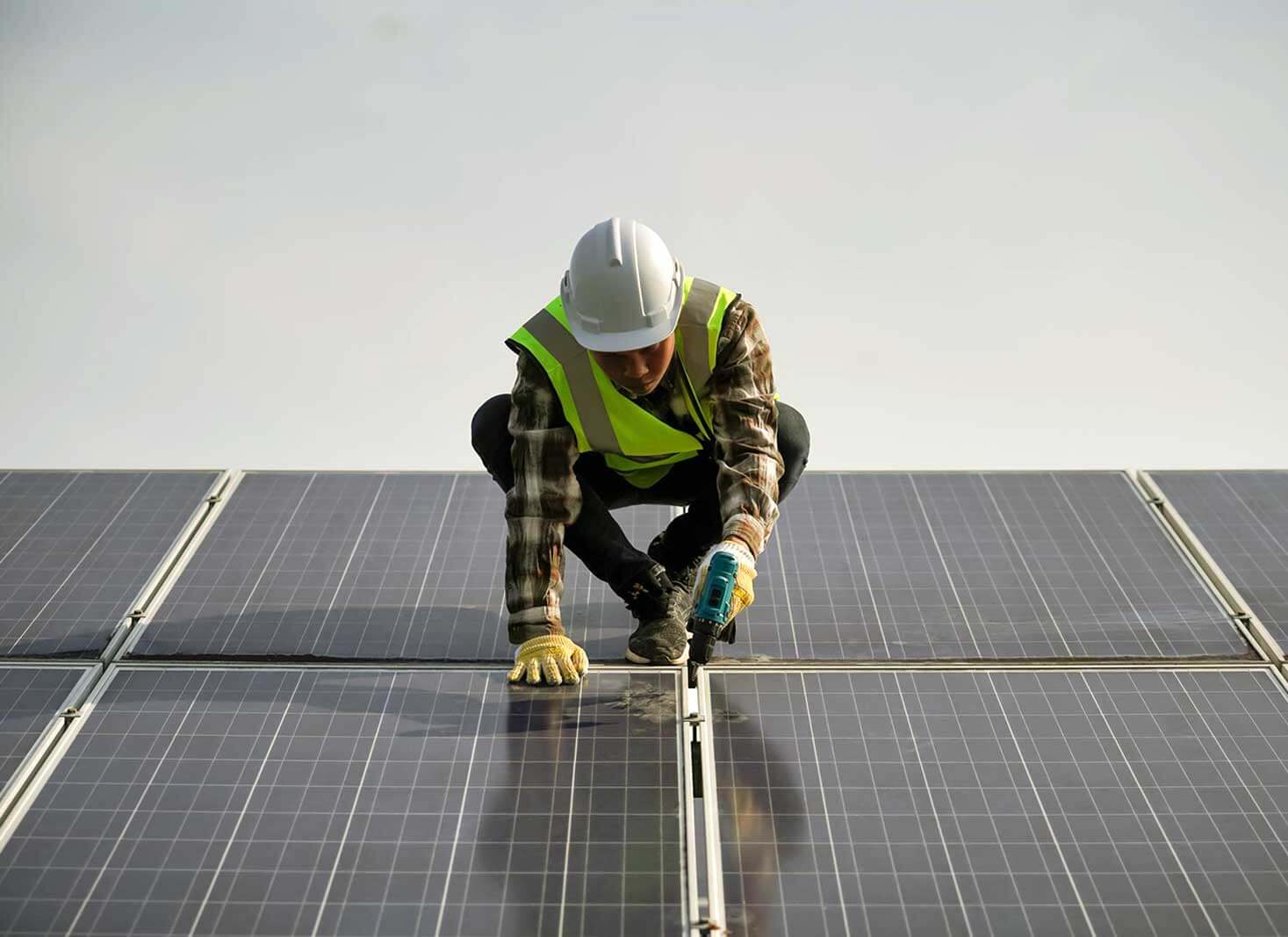
Now that you know the common solar scam tactics and how to recognize them, it’s time to learn how to protect yourself from these scams.
By researching solar companies, understanding solar costs, and being informed about incentives, you can safeguard yourself from scammers and make a wise decision when it comes to installing solar panels on your home.
Research solar companies
One of the most effective ways to protect yourself from solar scams is to thoroughly research solar companies before making any commitments.
Start by checking online reviews, company history, and contacting your state’s Consumer Protection Agency to see if there are any significant complaints or violations against the company. Be cautious of companies that generate quotes without inspecting your property, as this could be an indication of a scam.
In addition, consider choosing a Clean Energy Council-approved solar retailer, as they have pledged to uphold responsible sales and marketing practices and industry standards.
Conducting thorough research on solar companies can help you avoid falling for scams and ensure that you choose a reputable provider for your solar installation.
Understand solar costs
Understanding the average cost of solar panels in your area is crucial to avoiding scams and making an informed decision about solar panel installation. Familiarising yourself with the prevailing cost of solar panels in your locality will help you recognize if a quote is too high or a deal seems too good to be true.
To get a better understanding of solar costs, consider obtaining multiple quotes from different solar companies. This will not only help you avoid price rigging scams, but also ensure that you are getting the best possible deal for your solar system.
Be informed about incentives
Being informed about federal, state, and local incentives for solar energy is essential to avoid being tricked by scammers offering fake incentives. Genuine incentives, such as tax credits, rebates, and other programmes, such as interest-free loans, can help homeowners reduce the cost of their solar energy systems.
Before purchasing a solar system, consult all available federal, state, and local programs to determine if any incentives are available to help offset the cost of your solar system. Being informed about incentives will help you protect yourself from scammers and ensure that you receive the best possible financial benefits from your solar system.
The benefits of legitimate solar systems
While it’s important to be aware of solar scams, it’s equally important to recognize the benefits of choosing a legitimate solar system. By opting for a reputable solar provider, you can enjoy long-term savings, an eco-friendly energy source, and increased property value.
Long-term savings
Legitimate solar systems can provide significant long-term savings on energy bills and reduce your reliance on non-renewable energy sources.
A well-designed solar system can yield up to approximately $400 per year per kW of solar, and a homeowner who typically pays an electricity rate of 16 cents per kWh can experience savings of $1,600 per year with a solar system generating 10,000 kWh per year.
Eco-friendly energy source
Solar energy is an eco-friendly alternative to traditional energy sources, reducing your carbon footprint and helping the environment. By choosing solar energy, you can significantly reduce your home’s greenhouse gas emissions and contribute to the global effort to combat climate change.
Moreover, solar energy is a renewable energy source, meaning that it will never run out, unlike fossil fuels. By installing solar panels on your home, you are investing in a sustainable energy source that will benefit both you and the environment for years to come.
Increased property value
Installing a solar system can have a positive impact on your property value, making it a smart investment for most homeowners. Studies have shown that homes with solar panels tend to sell faster and at a higher price than homes without solar panels.
If you’re considering installing solar panels, it’s worth noting the potential increase in property value.
Real-life examples of solar success stories
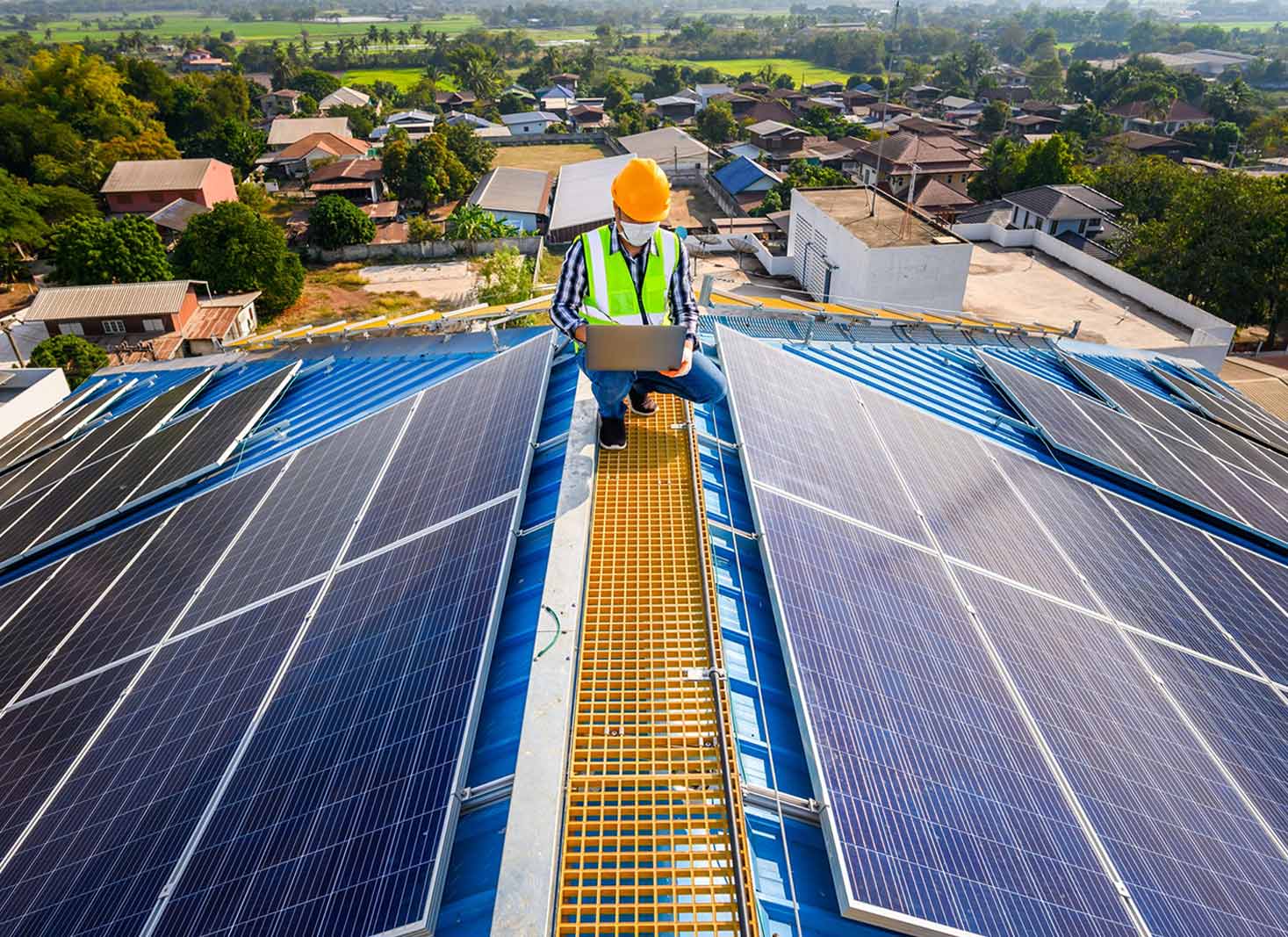
To further emphasise the benefits of solar energy, let’s explore some real-life examples of solar success stories.
From residential solar installations to commercial solar successes and community solar projects, these stories showcase the positive impact that solar energy can have on individuals, businesses, and communities alike.
Residential solar installations
Residential solar installations have been successful in helping homeowners save money on energy bills and contribute to a greener future.
For example, Trina Solar, EnergySage, and Resonant Energy have all documented successful home installations of solar panels, which have resulted in significant cost savings for homeowners and increased power generation.
These success stories demonstrate that, with the right solar provider and system, residential solar installations can be a valuable investment for homeowners looking to reduce energy costs and live more sustainably.
Commercial solar successes
Commercial solar successes serve as a testament to the viability of solar energy for businesses, both in terms of reducing operating costs and promoting sustainability.
Large-scale solar farms, solar-powered factories, and solar-powered businesses have all experienced success by incorporating solar energy into their operations.
These examples highlight the potential benefits of solar energy for businesses and demonstrate that investing in solar systems can have a positive impact on both the environment and a company’s bottom line.
Community solar projects
Community solar projects provide an opportunity for multiple households to benefit from a shared solar system, making solar energy more accessible to all.
Successful community solar projects, such as the Majura Community Solar Farm have brought clean energy to communities while reducing energy costs for participating households.
By sharing the costs and benefits of a solar system, community solar projects demonstrate that solar energy can be a viable and accessible option for everyone, regardless of their individual financial situation.
FAQ's
People try to sell me solar panels because they often pose as utility workers to encourage homeowners to install solar-based energy systems with free solar panels and other incentives.
This type of door-to-door scam can be hard to identify, making it a popular choice for scammers.
Based on the rankings, List of Top 10 Solar Panels and Solar Inverters in Australia 2023 has identified the top solar companies in Australia to be:
- SunPower
- LG Solar
- JinkoSolar
- Trina Solar
- Canadian Solar
- Longi Solar
- Seraphim Solar Panels
- Solax Power
- Suntech Solar Panels
- Fronius Solar Panels
Solar panels can save you money in the long run with lower electricity bills and potentially higher home values. On average, they provide a 20% ROI each year, plus you can make additional money by selling excess power back to your energy provider.
However, installation and maintenance costs may be expensive and should be considered carefully.
Table of Contents
Toggle


